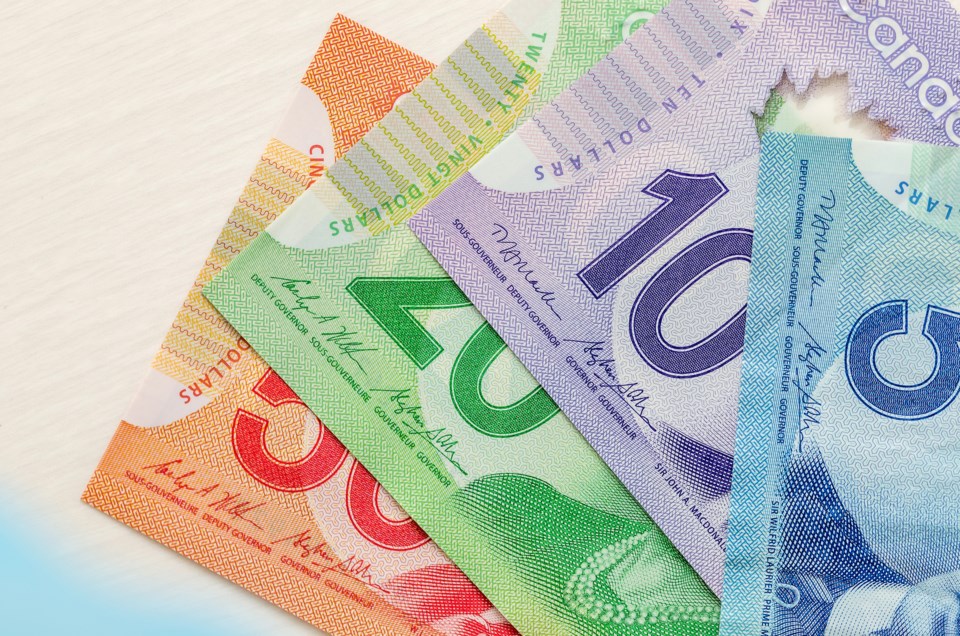Prime Minister Justin Trudeau stepped in it when he removed the carbon tax from furnace oil, while leaving of Canadians out in the cold.
Even in Atlantic Canada, where Trudeau tried to buy off MPs with the carve out, of people in the region support carbon tax relief for everyone.
But Trudeau’s mistake wasn’t providing relief. The real lesson here is Trudeau never won the hearts and minds of Canadians. And he lost credibility early on.
Months before the 2019 election, the former environment minister the government had “no intention” of raising the carbon tax beyond 11 cents per litre of gas.
After the election, Trudeau announced he would keep cranking up his carbon tax until it reached 37 cents per litre.
Trudeau and his ministers repeat the that eight-out-of-ten families get more money in rebates than they pay in carbon taxes.
Their favourite talking point limps on despite the obvious reality that a government can’t raise taxes, skim money off the top to pay for of administration bureaucrats and still make everyone better off.
In fact, the carbon tax will cost the average family up to more than they get back in rebates this year, according to the Parliamentary Budget Officer.
The government said carbon taxes reduce emissions.
But even in British Columbia, which had the first and (for years) costliest carbon tax, emissions rose. B.C. imposed its carbon tax in . B.C.’s emissions have between 2007 and 2019 – the last year before the pandemic brought economic activity to a screeching halt.
And even if the carbon tax cut emissions at home, “Canada’s own emissions are not large enough to materially impact climate change,” as the PBO .
Making it more expensive to live in Canada won’t reduce emissions in China, Russia, India or the United States. And this leads to Trudeau’s diplomatic failure.
At the United Nations, the Trudeau government the Global Carbon Pricing Challenge to get more countries to impose carbon taxes.
“The impact and effectiveness of carbon pricing increases as more countries adopt pricing solutions,” the Trudeau government acknowledged.
The world’s largest economy, the United States, rejects carbon taxes.
President Joe Biden, a Democrat, hasn’t imposed a carbon tax. Good luck convincing a Republican president to impose one.
The U.S. is the rule, not the exception.
About three-quarters of countries don’t have a national carbon tax, according to the World Bank’s .
And while Trudeau raised taxes, peers like the , , , , the , , , , , , , and , among others, cut fuel taxes.
If Canada’s carbon tax is essential for the environment, shouldn’t all taxpayers pay the same rate?
A driver in Alberta pays a carbon tax of 14 cent per litre of gas. In Quebec, the carbon tax is about 12 cents. By 2030, that gap will grow to more than per litre.
Quebec’s special deal proves Trudeau’s carbon tax is about politics, not the environment.
When crafting the carbon tax, the government never truly asked the people what they thought. Everyone wants a better environment. You won’t find opposition to that.
But did anyone ask Canadians if they support a carbon tax even if it means average families will lose hundreds of dollars every year? Did anyone ask Canadians if they support a carbon tax even though most countries don’t?
Trudeau is displaying rank regional favouritism. But his real mistake wasn’t the carve out that favoured Atlantic Canada. It’s that he never won the hearts and minds of the people and failed to acknowledge carbon taxes cause real pain.
Franco Terrazzano is the Federal Director of the Canadian Taxpayers Federation
SASKTODAY.ca is Saskatchewan's home page. Bookmark us at this link.




